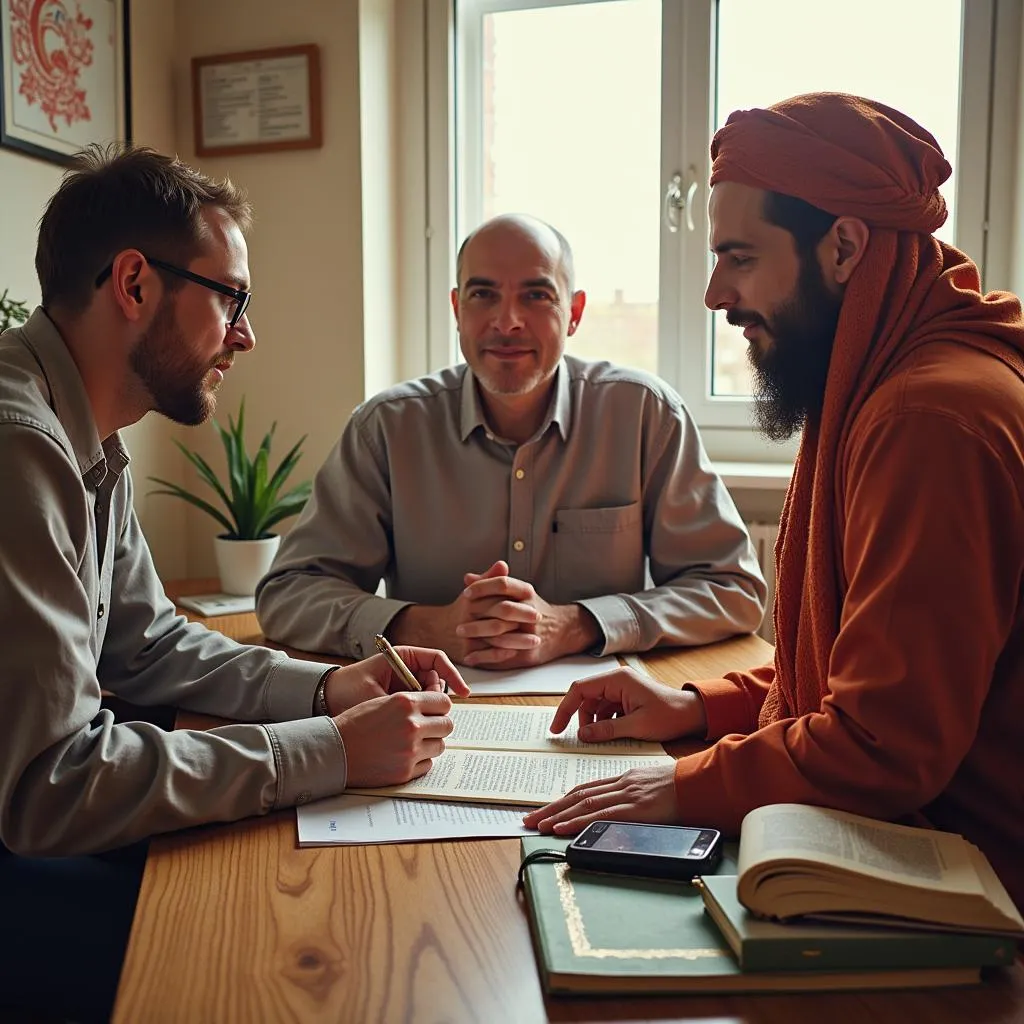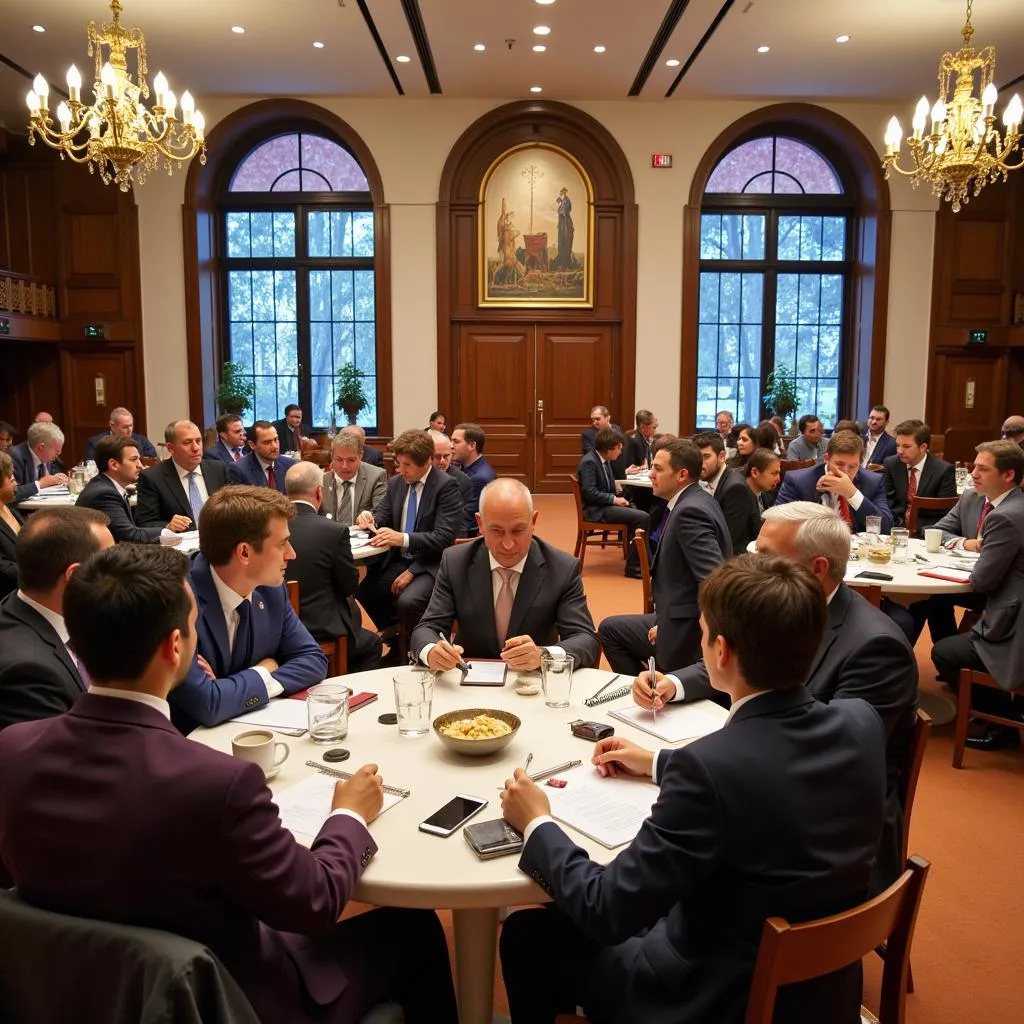The question of whether religion is bad for society is a complex one, often sparking heated debate and strong opinions. It’s a query that implies a simple answer exists when, in reality, the relationship between faith and societal well-being is deeply nuanced. While some associate religion with conflict and division, others find solace, purpose, and a strong moral compass within their faith. To truly understand the issue, we must move beyond simplistic judgments and delve into the intricacies of how religion can both positively and negatively impact our world.
The Roots of Religious Discord: Examining the Potential for Conflict
It’s undeniable that history is rife with examples of religiously motivated violence and oppression. From the Crusades to modern-day terrorism, the association between faith and conflict is a recurring theme. To understand why, we need to examine the potential pitfalls:
- Dogmatism and Intolerance: When religious beliefs harden into rigid ideologies, refusing to acknowledge other perspectives, it can breed intolerance and hostility towards those with different views. This can manifest as discrimination, persecution, and even violence in extreme cases.
- Power Struggles and Political Manipulation: Throughout history, religion has often been intertwined with power structures. This fusion can lead to the manipulation of religious beliefs for political gain, fueling conflict and oppression.
- Social Divisions and Group Identity: While not inherently negative, strong religious identities can contribute to social divisions, particularly when combined with other factors like ethnicity or socioeconomic status. These divisions can escalate into conflict when exploited or manipulated by those seeking power.
 Religious Conflict Through History: Depictions of Religious Wars and Persecution
Religious Conflict Through History: Depictions of Religious Wars and Persecution
The Unifying Power of Faith: Highlighting the Positive Contributions of Religion
While acknowledging the potential for conflict is crucial, it’s equally important to recognize the profoundly positive impact religion has on countless lives and societies:
- Moral Framework and Ethical Guidance: For many, religion provides a strong moral compass, offering guidance on ethical behavior, compassion, and empathy. These values can promote peace, cooperation, and social harmony.
- Community and Social Support: Religious communities often serve as vital support networks, offering a sense of belonging, purpose, and shared identity. This can be particularly important in times of crisis or hardship, providing solace and practical assistance.
- Charitable Work and Social Justice Advocacy: Many religions emphasize the importance of compassion, charity, and fighting for social justice. Religious organizations are often at the forefront of efforts to alleviate poverty, promote education, and advocate for marginalized communities.
 Images of Religious Communities Engaging in Acts of Service and Support
Images of Religious Communities Engaging in Acts of Service and Support
Navigating the Complexities: Fostering Peace in a Multi-Faith World
The key to harnessing the positive potential of religion while mitigating the risks of conflict lies in fostering understanding, tolerance, and respect across religious divides. This requires a multi-faceted approach:
- Promoting Interfaith Dialogue and Understanding: Open and honest dialogue between people of different faiths is crucial to breaking down stereotypes, building relationships, and finding common ground.
- Emphasizing Shared Values and Common Humanity: Despite doctrinal differences, most religions share core values like compassion, love, and respect for human dignity. Focusing on these shared principles can help bridge divides and promote cooperation.
- Challenging Extremism and Promoting Religious Literacy: Countering religious extremism requires addressing its root causes, including poverty, inequality, and lack of education. Promoting religious literacy – a nuanced understanding of different faiths and their histories – is vital to combating prejudice and misinformation.
 People from Different Faiths Engaging in Dialogue and Collaboration
People from Different Faiths Engaging in Dialogue and Collaboration
Conclusion: Embracing Nuance in the Conversation
Ultimately, the question of whether religion is bad for society is overly simplistic. Religion, like any powerful force, can be misused and lead to conflict. However, it also has the potential to inspire great good, fostering compassion, community, and a commitment to social justice. By approaching this complex issue with nuance, embracing dialogue, and actively working to bridge divides, we can harness the positive power of faith to build a more just and peaceful world for all.
FAQs about Religion and Society
1. Can religion and secularism coexist peacefully?
Absolutely. Many secular societies have successfully created spaces where people of different faiths and those with no religious affiliation can live together harmoniously. Mutual respect and understanding are key.
2. How can we prevent religious extremism?
Addressing the root causes of extremism, such as poverty and lack of opportunity, is crucial. Promoting education, critical thinking skills, and interfaith dialogue can also help counter radicalization.
3. Is religion always a force for good in the world?
Like any human institution, religion is not immune to being misused. However, countless examples demonstrate its power to inspire acts of love, compassion, and social good.
Need Support?
If you are interested in learning more about fostering interfaith dialogue and peacebuilding, we are here to help. Contact us at:
Phone Number: 02043854663
Email: [email protected]
Address: Khu 34, Bắc Giang, 260000, Việt Nam
Our dedicated team is available 24/7 to provide support and answer any questions you may have.